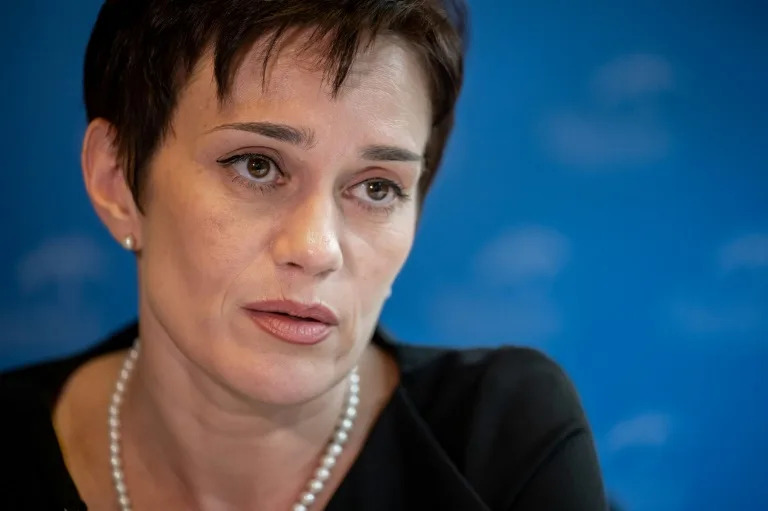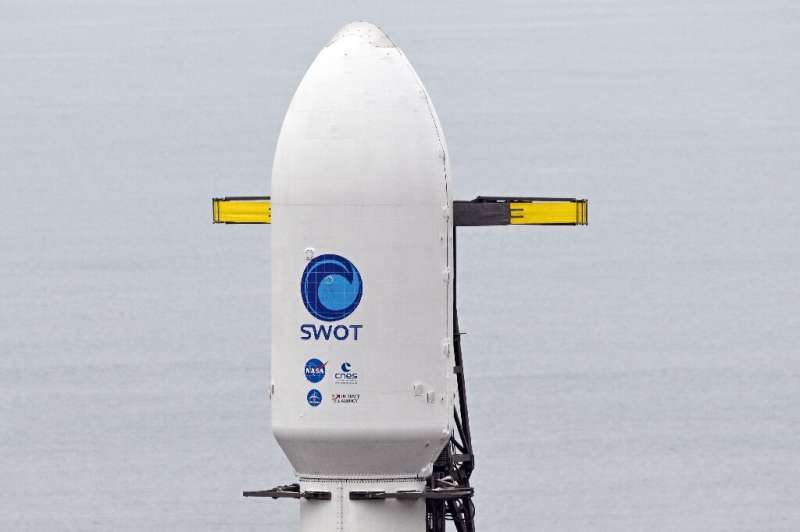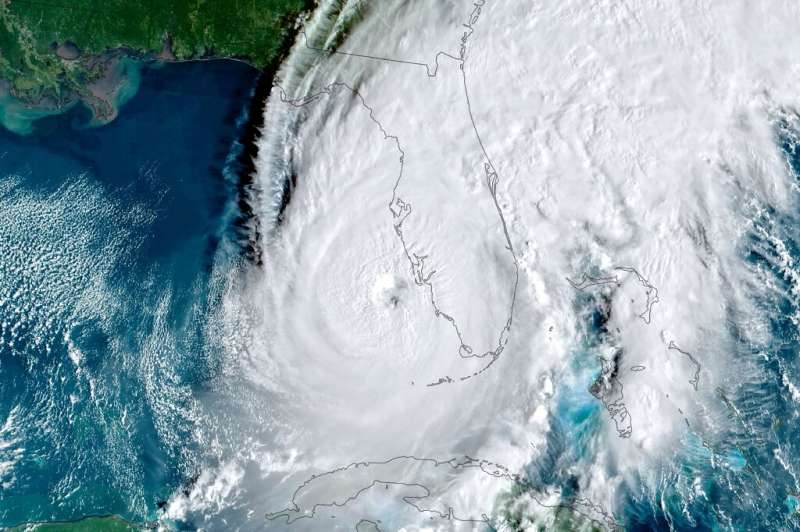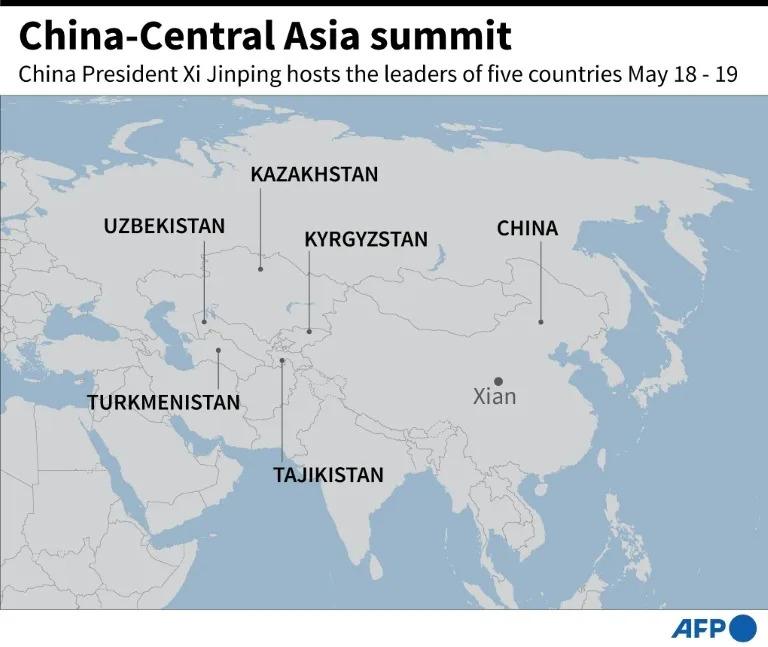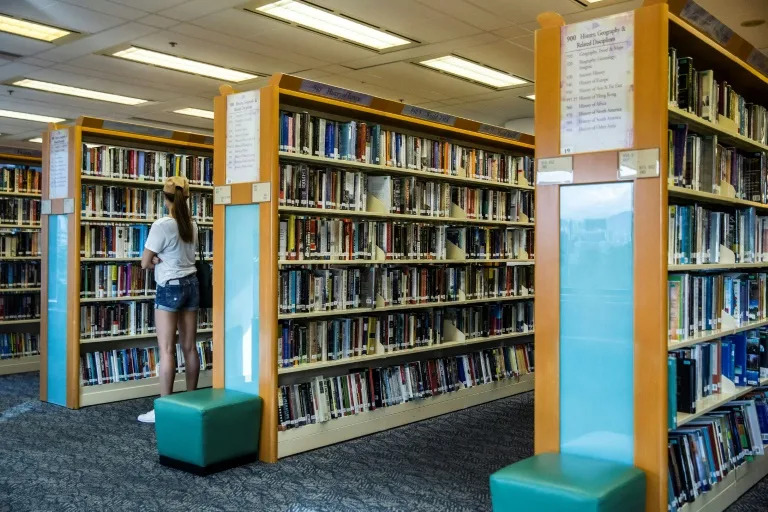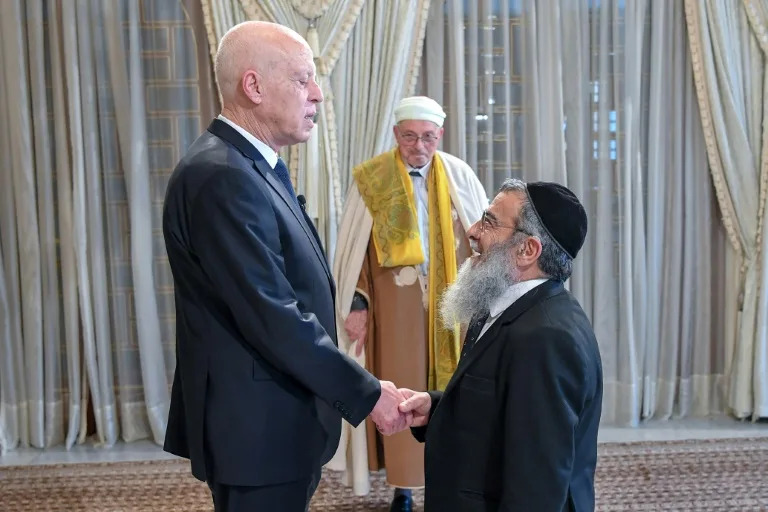By Tina Burnside and Zoe Sottile, CNN
Mon May 22, 2023
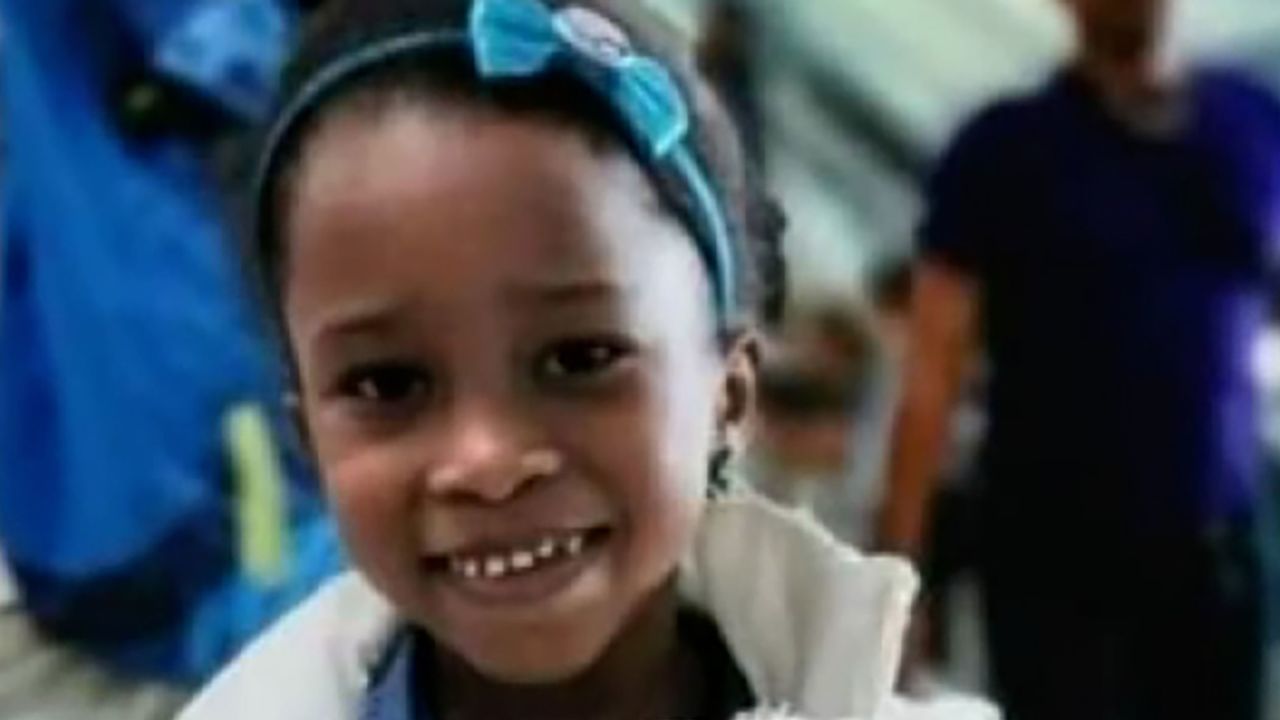
Anadith Danay Reyes Alvarez, a citizen of Panama, died Wednesday in a Harlingen, Texas, hospital, just eight days after her family was taken into custody by US Customs and Border Protection in Brownsville, Texas, the agency said in a news release Sunday.Courtesy Alvarez Family
CNN —
An 8-year-old migrant girl who died in the custody of US immigration authorities last week was treated for flu-like symptoms for several days prior to her death at a Texas hospital, according to authorities.
The girl, Anadith Danay Reyes Alvarez, a citizen of Panama, died Wednesday in a Harlingen, Texas, hospital, just eight days after her family was taken into custody by US Customs and Border Protection in Brownsville, Texas, the agency said in a news release Sunday. Members of her family, including her parents and two siblings, are all citizens of Honduras, says the news release.
According to CBP records, Reyes was medically assessed on May 10 and did not complain of any illnesses or injuries at the time. However, her family did report a medical history, including chronic conditions of sickle cell anemia and heart disease, according to the news release.

8-year-old who died in US Customs and Border Protection custody identified by the Honduran Foreign Ministry
It was not until four days later, on May 14, that Reyes’ mother took her to a treatment area after the girl complained of abdominal pain, nasal congestion and a cough, the release says. At the time, Reyes tested positive for Influenza A and was given several medications, including Tamiflu and Zofran. CBP says she was also given acetaminophen and ibuprofen. She had a temperature of 101.8 degrees, according to the release.
The girl and her family were then taken to the US Border Patrol Station in Harlingen, per agency protocols, CBP said. The Harlingen station is “designated for cases requiring medical isolation for individuals diagnosed with or closely exposed to communicable diseases,” CBP said in the release.
The girl was again assessed by medical personnel after she and her family arrived in Harlingen on May 14. She was given medication for three days, the agency said.
CBP said medical records show Reyes’ mother brought her to the Harlingen medical unit three times on Wednesday. During the first visit, the girl had complained of vomiting, was given Zofran and instructed to hydrate and return as needed.
During the second visit, Reyes complained of stomach pains, according to the release. CBP medical personnel wrote in their records that she was stable and instructed her mother to follow up if needed, the release said.
Reyes’ mother brought her daughter to the medical unit for the third time around 1:55 p.m. CT, according to the release. She was carrying her daughter, who seemed to be having a seizure and then became unresponsive. Medical personnel gave the girl CPR and called for emergency medical help, CBP said.
Emergency medical personnel took the girl and her mother to the Valley Baptist Medical Center in Harlingen. Reyes was pronounced dead less than an hour later, at 2:50 p.m. CT, the release said.
An autopsy was performed on the girl by the Cameron County Medical Examiner’s office Friday but an exact cause and manner of death is still pending, according to the release.
In a statement released Sunday, CBP acting commissioner Troy Miller said “we are deeply saddened by the tragic death” and announced a series of actions intended to “reinforce existing policies and continue to ensure appropriate care for all medically fragile individuals.”
The agency has reviewed and will continue reviewing cases of “all known medically fragile individuals” in custody and, along with the agency’s medical services contractor, will review services rendered to in-custody individuals, “especially those who are medically at-risk,” Miller says in the statement.
“The Department of Homeland Security’s Chief Medical Officer will immediately initiate a review of medical care practices at CBP facilities and ensure the deployment of additional medical personnel as needed,” says Miller.
He added that CBP would make the results of the investigation public.
The girl’s parents have been released from immigration custody and will be headed to New York to meet up with family, the Honduran Foreign Ministry previously told CNN.
Once in New York, the family plans to attend their immigration court hearings and request asylum, according to the ministry.
The Honduran Foreign Ministry is working to help the Reyes family with the transfer of their daughter’s body to New York, where she will likely be buried, the ministry said.
CNN’s Rosa Flores and Marlon Sorto contributed to this report.
